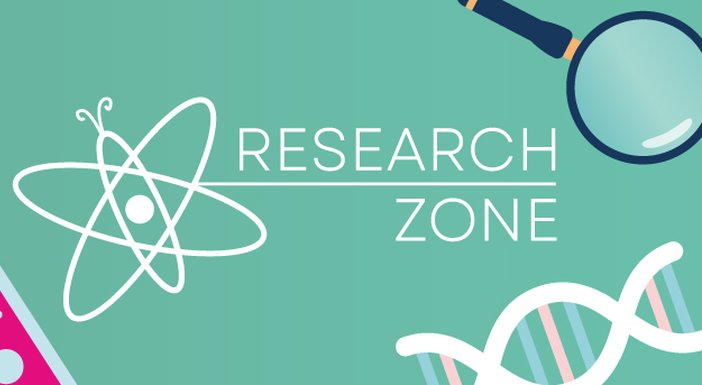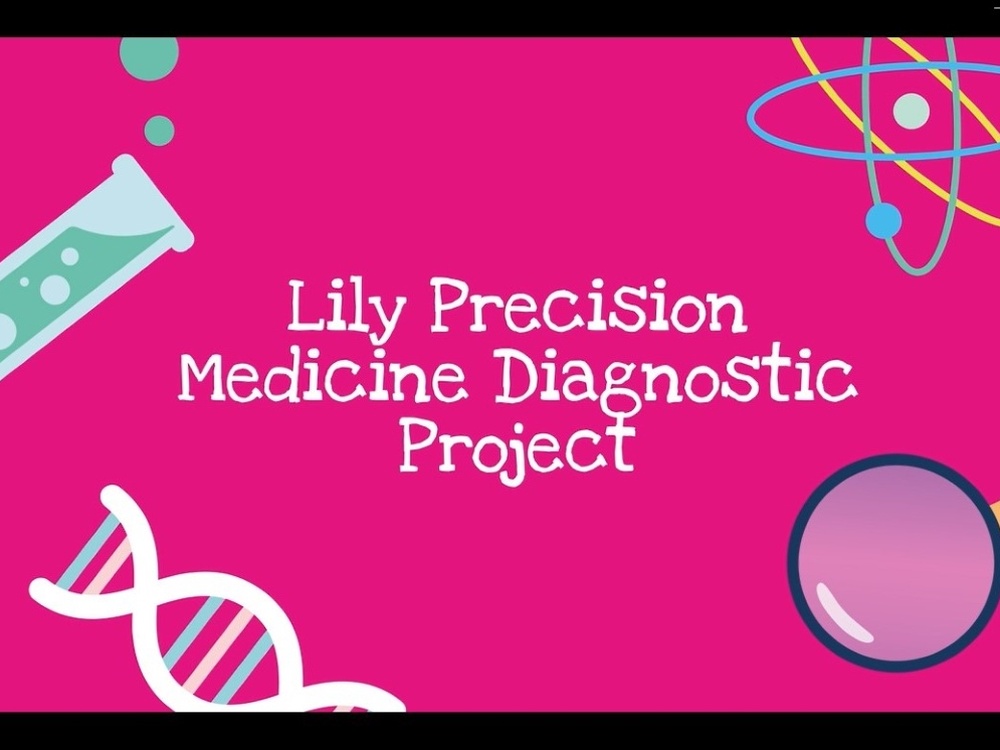Receiving a diagnosis for mitochondrial disease can be an incredibly long and emotionally challenging journey for patients and families. Despite advances in medical science, many face years of uncertainty, repeated testing and countless consultations with specialists before receiving a definitive answer.
Why is diagnosing mitochondrial disease so difficult?
Mitochondrial disease is a rare and complex condition with symptoms that vary widely, even within the same family. Its rarity means that many healthcare professionals are unfamiliar with its symptoms, and as it often mimics more common conditions, misdiagnoses are common. Even advanced genetic testing doesn't always provide clear answers, as researchers continue to uncover new mitochondrial disorders and their underlying causes.
The Lily Foundation’s game-changing solution
To tackle these challenges and improve diagnostic outcomes, The Lily Foundation, in partnership with the NHS Highly Specialised Service for Rare Mitochondrial Disorders in Newcastle, Oxford and London, has launched the Lily Precision Medicine Diagnostic Project. Backed by over £1 million in funding, this ground-breaking initiative aims to boost diagnostic rates for mitochondrial disease by up to 20% over the next 3-4 years. The ultimate goal is to integrate these breakthroughs into standard NHS genetic testing, ensuring a more streamlined path to diagnosis for future patients. [read more in news article here].
Why this matters
Through this project, we hope to help families find the answers they need, so that they can access vital clinical trials and emerging therapies, explore reproductive technologies and have the closure that comes with a clear diagnosis.



